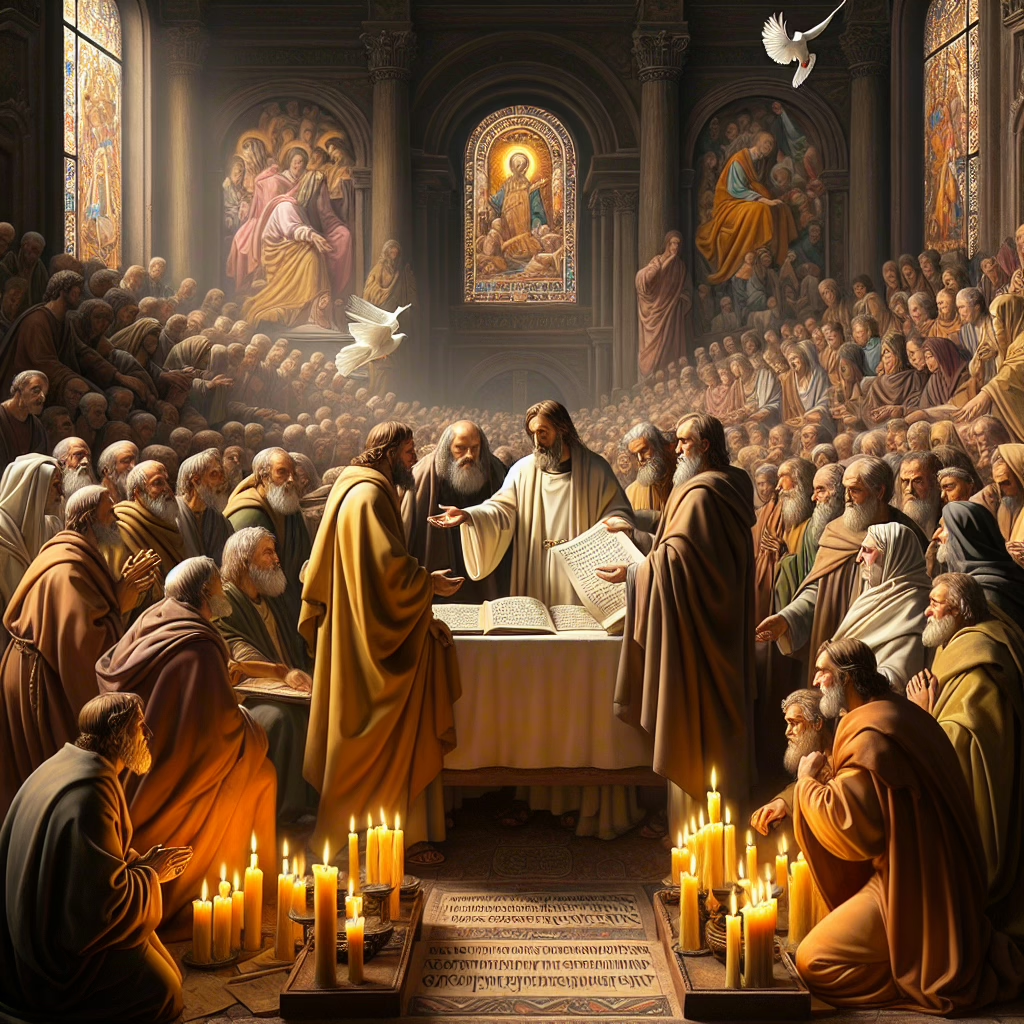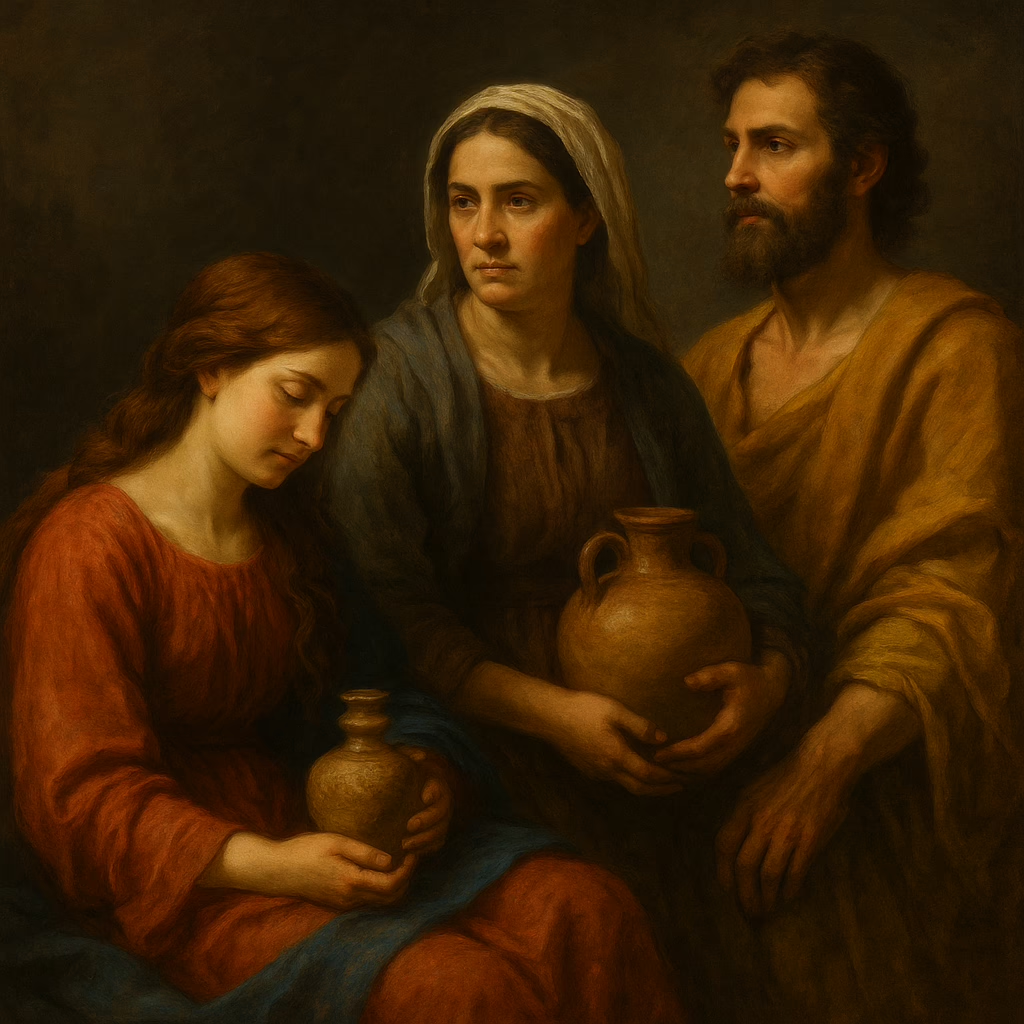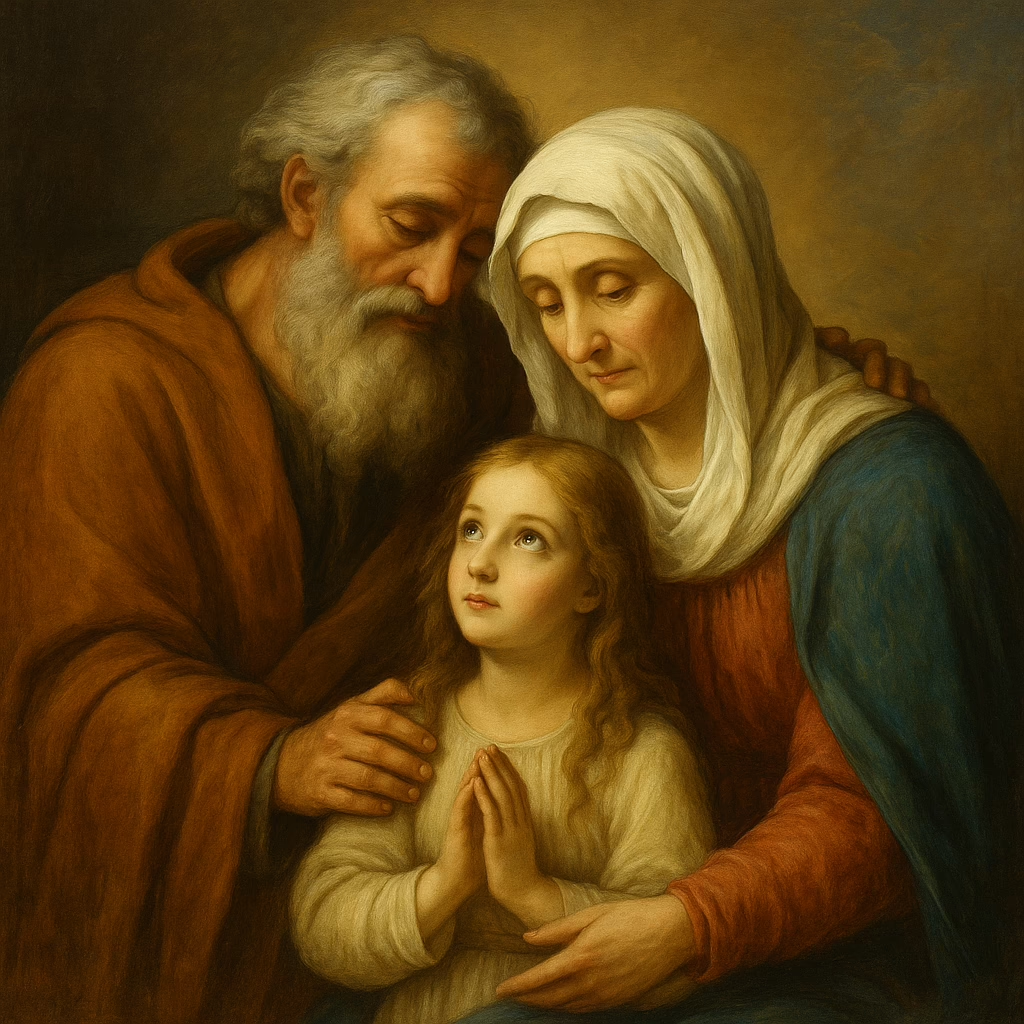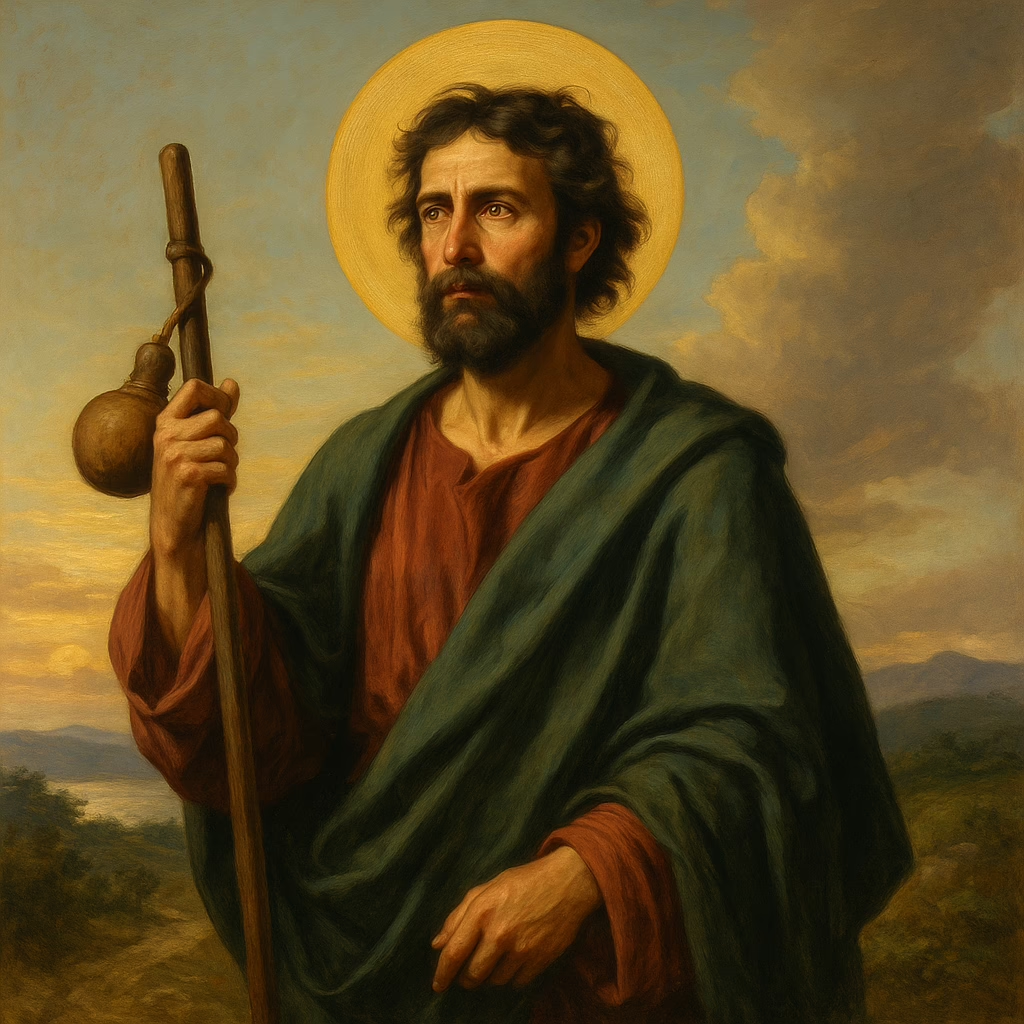The Significance of St. Matthias the Apostle: An Exploration of His Life and Teachings
Introduction: The Lesser-Known Apostle
In the shadows of the great pillars of Christianity such as Peter and Paul, stands St. Matthias, a testament to unwavering faith and obedience. Often overlooked, his selection as an apostle marks a pivotal moment in the early Church, emphasizing the continuity of Jesus' mission. St. Matthias the Apostle, chosen by the early Christian community to replace Judas Iscariot, holds an enduring place within Catholic tradition. His life, though less documented, presents profound lessons in faith, obedience, and divine call that resonate across generations.
1. Life and Significance of St. Matthias
1.1 Early Life and Discipleship
Matthias's journey began well before his selection as an apostle. As someone who had been with Jesus from his baptism by John until His Ascension, Matthias was an eyewitness to Christ's ministry, death, and resurrection—a vital qualification for an apostle. His presence throughout Jesus’ transformative ministry underscores not only his dedication but also the importance of personal witness in spreading the faith. As St. Augustine once noted, "Witnesses are the eyes of the Church."
1.2 The Selection Process
The path to apostleship for Matthias was unique. After Judas's tragic betrayal, there arose a need to fill the vacancy and restore the number of apostles to twelve, symbolizing the twelve tribes of Israel. The early Christian community, led by Peter, employed a method of selection through casting lots—a practice anchored in prayer and trust in the Holy Spirit's guidance. This method illustrates the concept of apostolic succession, where the divinely led community discerns leadership, ensuring the Church's continuity and integrity. As the Catechism of the Catholic Church explains, "The Church continues to be taught, sanctified, and guided by the apostles until Christ's return, through their successors in pastoral office: the college of Bishops" (CCC 77).
2. Key Events and Miracles in the Life of St. Matthias
2.1 Selection as an Apostle
The account of Matthias’s selection is vividly portrayed in Acts 1:15-26. This passage describes the assembly led by Peter, emphasizing prayerful discernment, communal decision-making, and reliance on divine providence. Matthias was chosen, over Joseph called Barsabas, to partake in the apostolic mission, continuing the ministry and witnessing of Christ's resurrection. His election underscores the Church's commitment to maintaining the integrity and continuity of its mission.
2.2 Ministry and Legacy
While Scripture provides little detail about Matthias’s subsequent ministry, tradition speaks of his evangelical work across Judaea, Cappadocia, and regions as far as modern-day Georgia. Despite the scarcity of information, his legacy invites us to reflect on the humble nature of service. His silent dedication serves as a reminder that impact is not always bound by recognition. The challenges documenting his life highlight a message found in the Gospel of Matthew: "The last will be first, and the first will be last" (Matthew 20:16).
2.3 Martyrdom and Historical Traditions
Tradition holds various accounts of Matthias’s martyrdom, suggesting he suffered crucifixion, stoning, or beheading. Regardless of the details, his martyrdom signifies profound commitment to faith—a testament to the costs of discipleship. Martyrdom, as Pope John Paul II remarked, "is the eloquent, though silent, testimony of fidelity to the Gospel." For more on early Christian martyrdom, readers can explore other linked discussions.
3. Theological Relevance of St. Matthias in Catholic Faith
3.1 Apostolic Succession and Authority
Matthias's selection is a profound representation of apostolic succession—a cornerstone of Catholic teaching. Through this succession, the Church upholds the continuity of apostolic authority, as bishops today trace their lineage to the apostles themselves. This unbroken chain reinforces the Church's mission, grounded in the teachings and practices instituted by Christ.
3.2 Lessons in Faith and Obedience
St. Matthias exemplifies the readiness and willingness to respond to divine call. His journey from disciple to apostle demonstrates unwavering faithfulness. As Benedict XVI articulated, "Faith is marked by perseverance and trust even in the absence of personal recognition." Here lies a profound lesson for believers today: to heed God’s call, echoing Matthias's willingness amidst uncertainty and challenge.
3.3 Challenges and Opportunities in Devotion
The absence of detailed records about Matthias prompts a reflective exploration of faith’s nature. This invites believers to engage with the mystery of divine purpose and embrace faith amidst unclear journeys. Through devotional practice and spiritual reflection, the life of Matthias offers a beacon of perseverance and humility for all Christians.
4. Traditional Prayers and Devotional Practices
4.1 Prayers Dedicated to St. Matthias
The traditional Collect prayer for the Feast of St. Matthias invites us into communal intercession, recognizing God's providence in assigning roles within the Church:
O God, who assigned Saint Matthias a place in the college of Apostles, grant us, through his intercession, that rejoicing at how your love has been allotted to us, we may merit to be numbered among the elect. Amen.
4.2 Contemporary Devotional Practices
Modern Catholics can draw inspiration from Acts 1:15-26, contemplating the significance of Matthias’s selection and its implications for today's faith journey. By invoking St. Matthias for guidance, especially in moments of discernment and service, believers align with a tradition immersed in faithfulness.
For those seeking further engagement in Catholic devotional practices, opportunities abound to delve into related articles and deepen one’s spiritual path.
Conclusion: Embracing the Spirit of St. Matthias
In reviewing the life, selection, and enduring relevance of St. Matthias the Apostle, we recognize him as a steadfast symbol of faith and perseverance. His unique journey—from witness during Jesus’ ministry to being chosen as an apostle—encourages us to trust and engage in God’s call, even when overshadowed by greater figures. As disciples in an ever-evolving Church, embracing the spirit of St. Matthias demands a commitment to faith, humility, and the quiet call to service.
In exploring the stories of other apostolic figures, readers will uncover additional insights into the early Church and its teachings. St. Matthias’s legacy stands as a profound invitation—a call-to-action—to live faithfully, bearing witness in our own lives.





